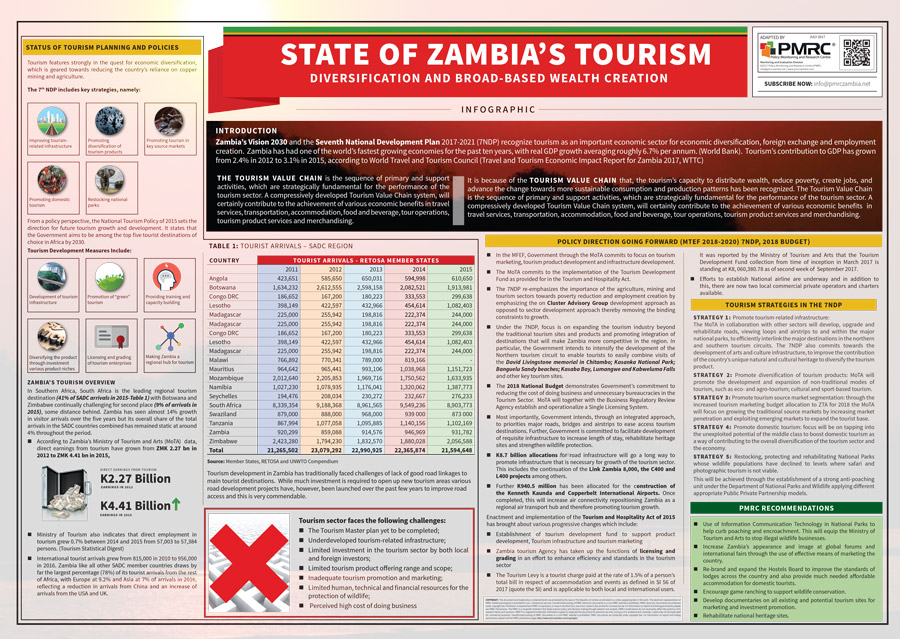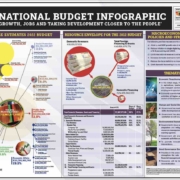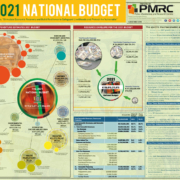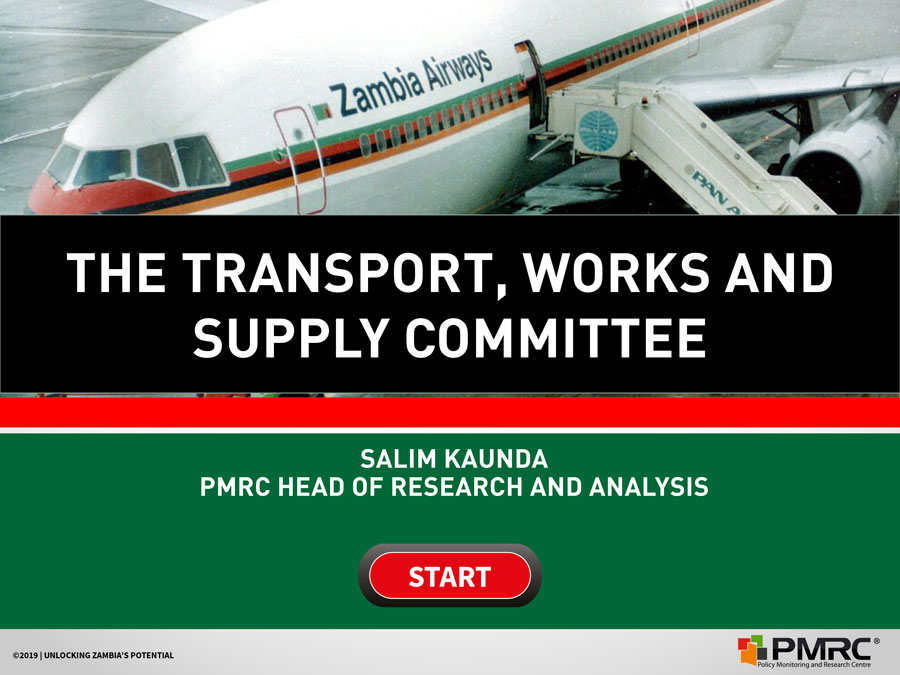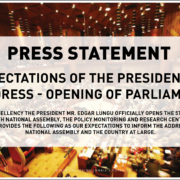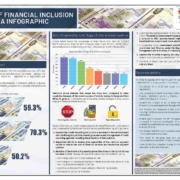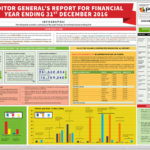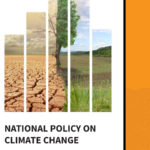Introduction
Zambia’s Vision 2030 and the Seventh National Development Plan 2017-2021 (7NDP) recognize tourism as an important economic sector for economic diversification, foreign exchange and employment creation. Zambia has had one of the world’s fastest growing economies for the past ten years, with real GDP growth averaging roughly 6.7% per annum. (World Bank). Tourism’s contribution to GDP has grown from 2.4% in 2012 to 3.1% in 2015, according to World Travel and Tourism Council (Travel and Tourism Economic Impact Report for Zambia 2017, WTTC).
The Tourism Value Chain is the sequence of primary and support activities, which are strategically fundamental for the performance of the tourism sector. A compressively developed Tourism Value Chain system, will certainly contribute to the achievement of various economic benefits in travel services, transportation, accommodation, food and beverage, tour operations, tourism product services and merchandising.
It is because of the Tourism Value Chain that, the tourism’s capacity to distribute wealth, reduce poverty, create jobs, and advance the change towards more sustainable consumption and production patterns has been recognized. The Tourism Value Chain is the sequence of primary and support activities, which are strategically fundamental for the performance of the tourism sector. A compressively developed Tourism Value Chain system, will certainly contribute to the achievement of various economic benefits in travel services, transportation, accommodation, food and beverage, tour operations, tourism product services and merchandising.


